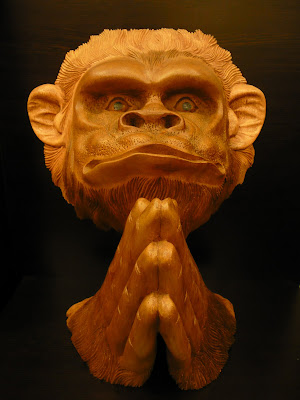坐朝问道, 垂拱平章。
zuò cháo wèn dào, chuí gǒng píng zhāng。
zuò cháo wèn dào, chuí gǒng píng zhāng。
.

坐 (sit) 朝 (imperial court) 问 (ask) 道 (way),
This phrase implied the emperor sitting down, presiding over the imperial court and asked his ministers for feedback on the governing of the country. Evelyn Lip suggest that this may refer to the administrative style of King Wen of Zhou Dynasty who based his rule on the feedback of his feudal lords but there is no concrete evidence to support that.
.

垂 (droop) 拱 (clasping hands) 平 (just) 章 (regulations)。
The country thus run will be ruled in peace due to the just rules that took into consideration the benefits of the people. The drooping clothes of ancient Chinese ministers and the clasping hands is a symbolism for peace and thus signifies easy reign for the emperor.
.







No comments:
Post a Comment